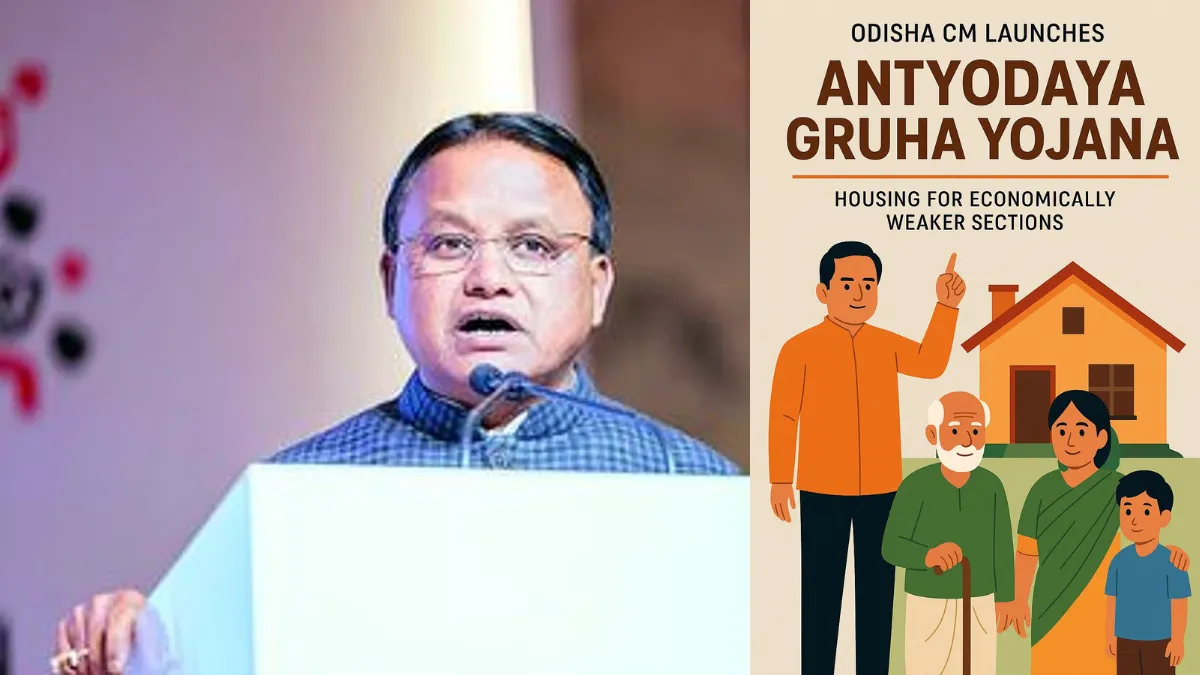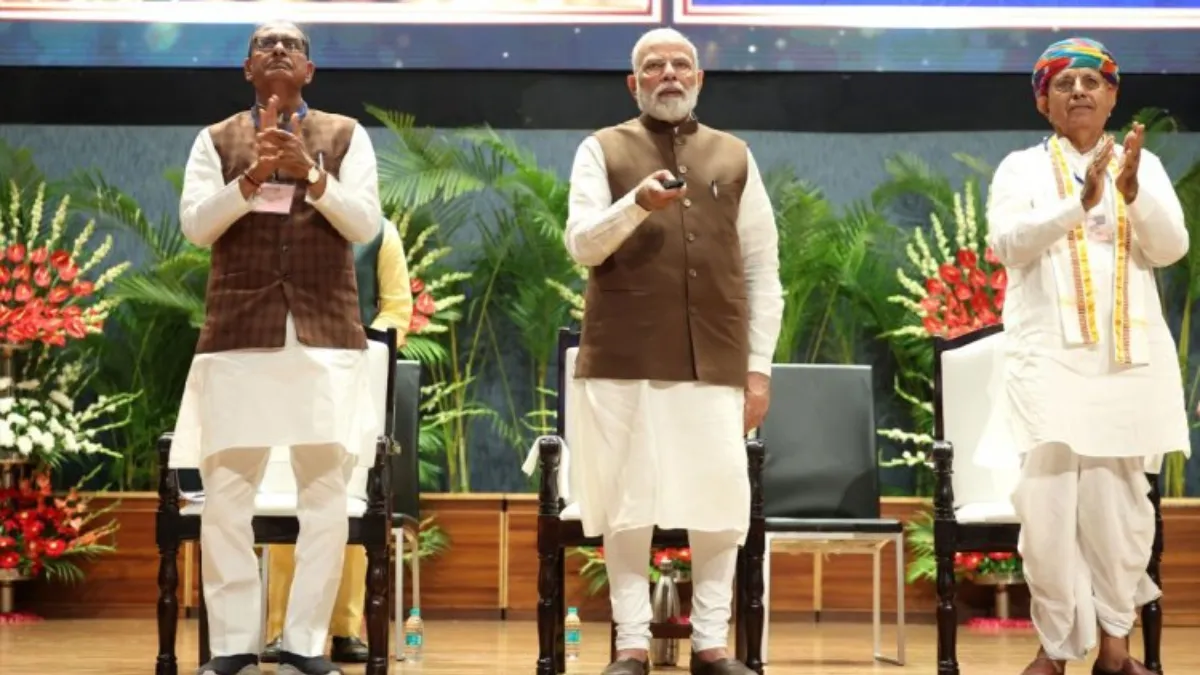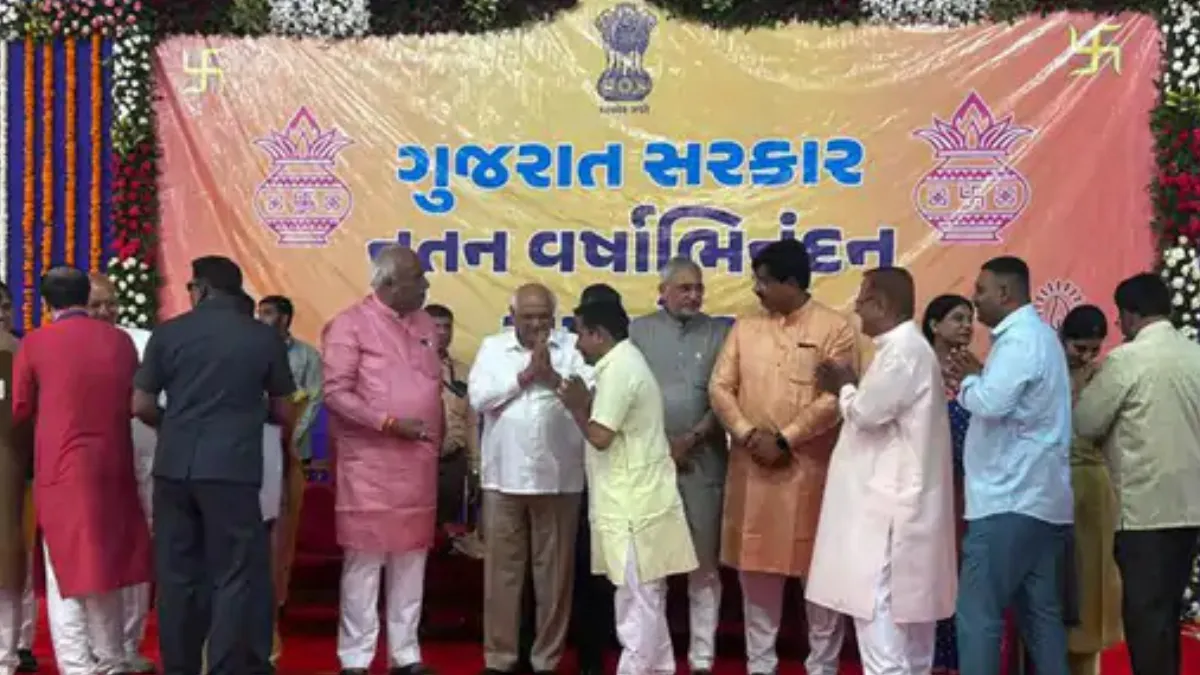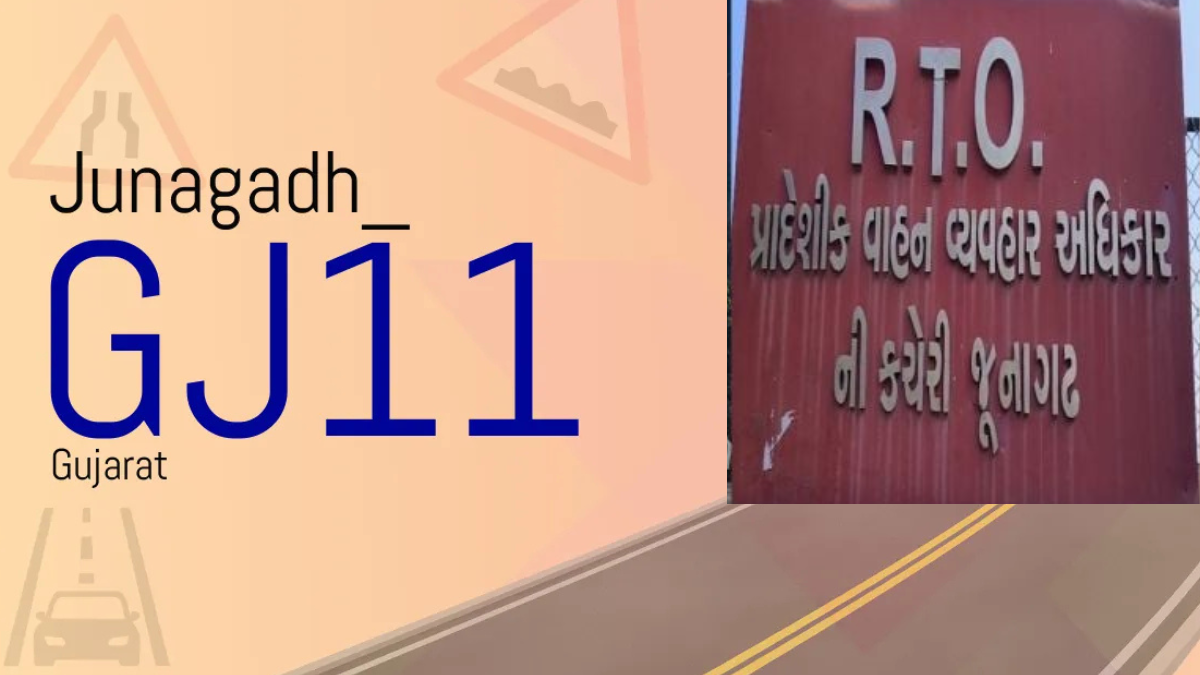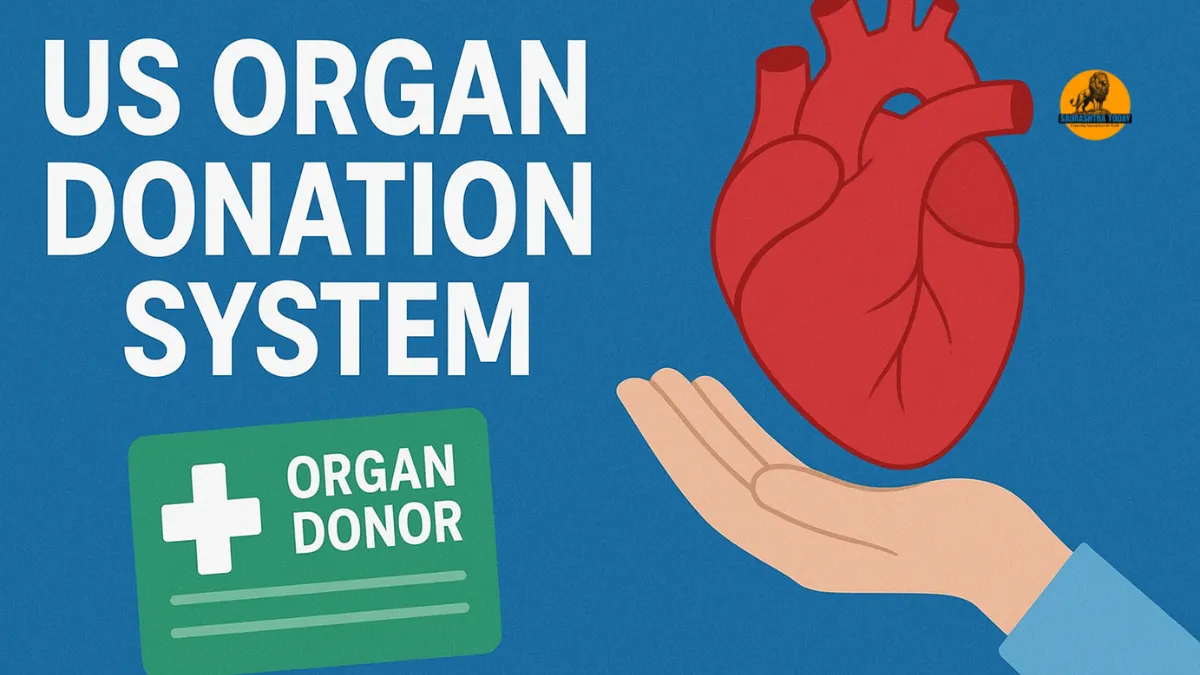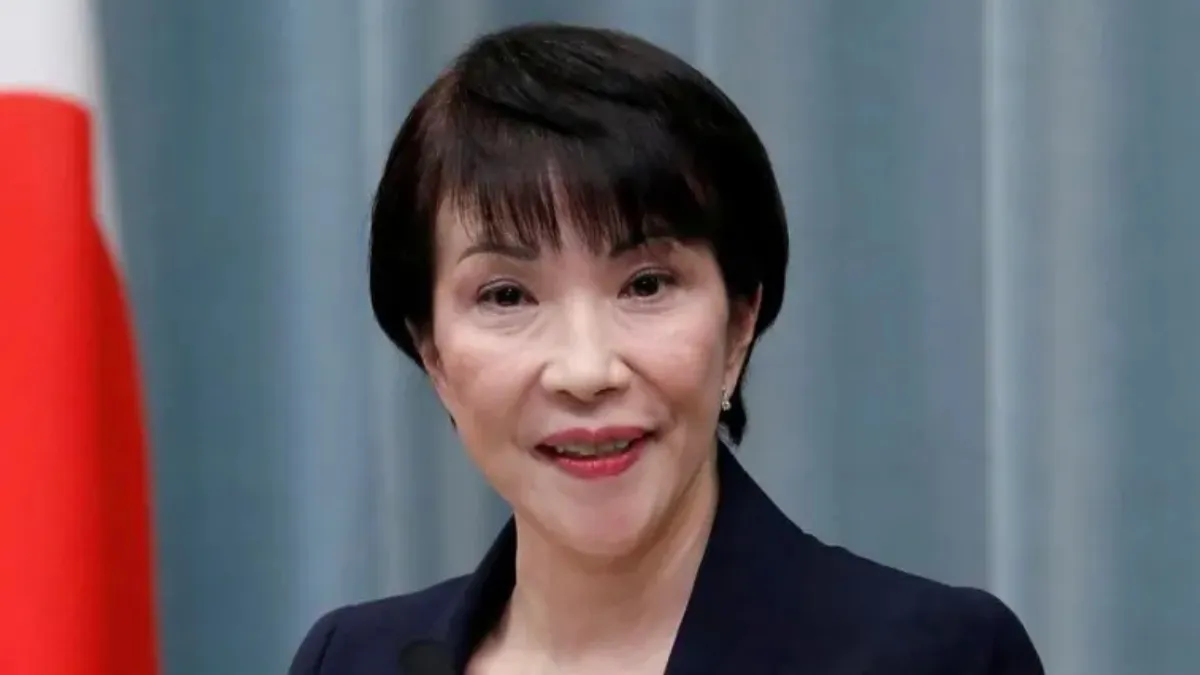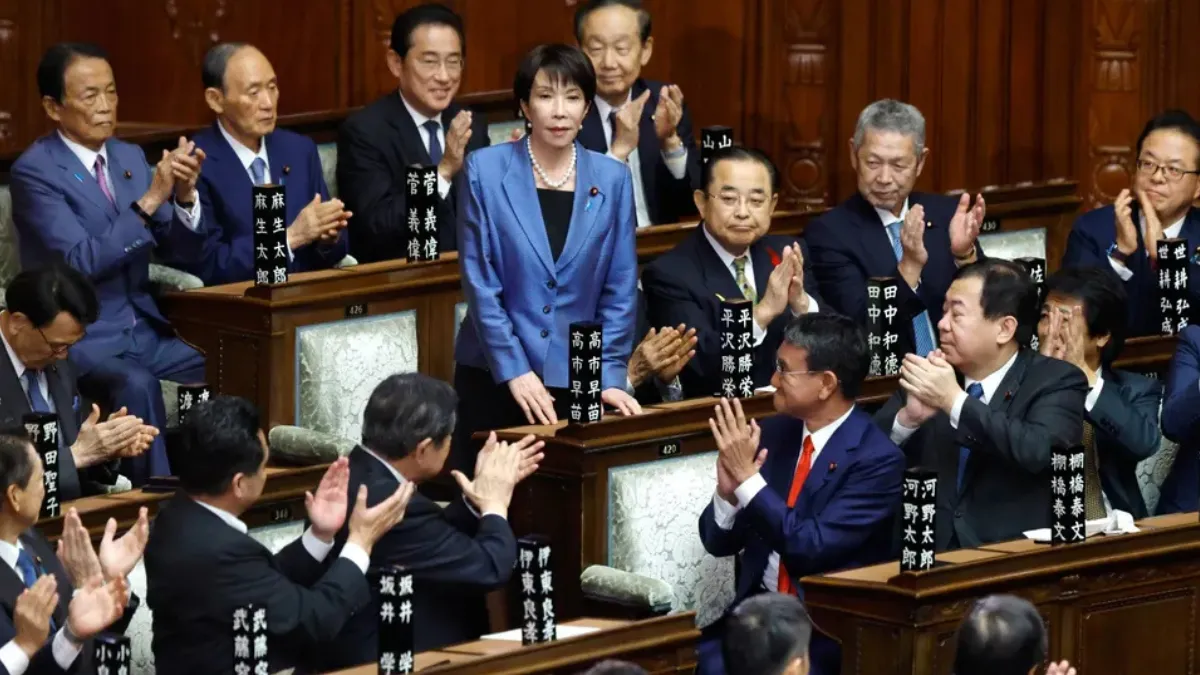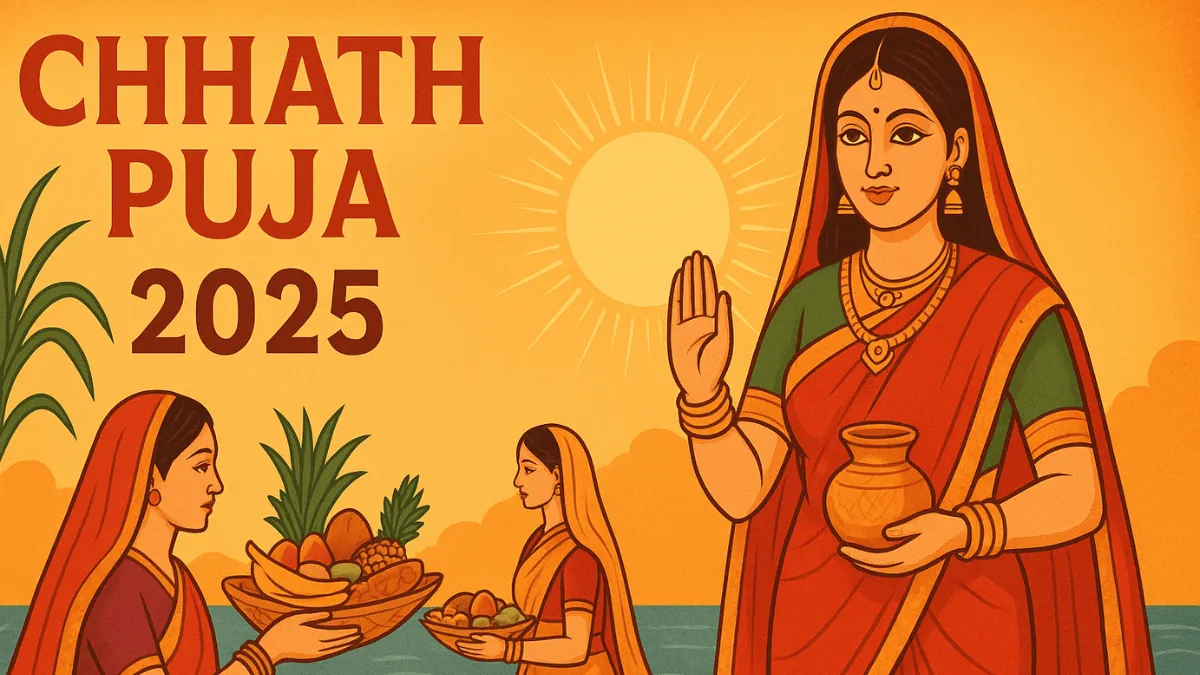Bhubaneswar, Odisha:
Antyodaya Gruha Yojana: In a major push toward rural development and good governance, Odisha Chief Minister Mohan Charan Majhi on Sunday laid the foundation stone for 471 new Gram Panchayat buildings across the state. Alongside this initiative, more than 48,693 families received the first installment of financial aid under the Antyodaya Gruha Yojana, a government program aimed at providing secure and dignified housing to underprivileged families.
A Step Toward Empowering Rural Governance
Addressing the event, Chief Minister Majhi described the new Gram Panchayat buildings as “service temples for the people”, designed to act as one-stop service centers for all government-related work in rural areas. He emphasized that these centers will make administrative services more accessible, efficient, and transparent for villagers who often have to travel long distances for basic tasks.
“These Panchayat buildings will bring government services closer to the people. Our goal is to ensure that citizens in the remotest parts of Odisha can access every essential service under one roof,” the Chief Minister stated.
The initiative aims to strengthen local self-governance, improve coordination among administrative departments, and accelerate the pace of development in rural Odisha.
Building the Foundation for Rural Transformation
The 471 new Gram Panchayat buildings are expected to play a crucial role in enhancing infrastructure and service delivery at the village level. Each building will be equipped with modern facilities to handle government schemes, welfare programs, and digital services more effectively.
Officials say these centers will also provide a transparent and accountable system for public grievances, welfare distribution, and record management. By digitizing and centralizing these functions, the state government hopes to reduce red tape and promote greater efficiency in governance.
Chief Minister Majhi said, “These new buildings will serve as hubs of service and development. They symbolize the government’s dedication to improving rural life and ensuring that no one is left behind in the state’s growth story.”
Antyodaya Gruha Yojana: A Vision for Dignified Living
During the event, CM Majhi also released the first installment of housing assistance to 48,693 beneficiaries under the Antyodaya Gruha Yojana-a flagship welfare program dedicated to providing safe and affordable homes to economically weaker sections of society.
The Antyodaya Housing Scheme, launched to align with the government’s mission of “Housing for All”, is targeted at families that have long struggled with inadequate shelter. Under this program, beneficiaries receive financial support to build or upgrade their homes, ensuring that they live in safe, hygienic, and durable structures.
The Chief Minister highlighted that the scheme embodies the spirit of Antyodaya-upliftment of the last person in the queue. “Our mission is simple yet powerful: no family in Odisha should live without a roof. The Antyodaya Housing Scheme ensures every family gets a home that provides safety, comfort, and dignity,” he said.
Rural Infrastructure Meets Human Dignity
The twin initiatives — construction of Gram Panchayat buildings and the implementation of the Antyodaya Housing Scheme — mark a transformative phase in Odisha’s rural governance. Together, they aim to bridge infrastructure gaps and promote inclusive growth by focusing on both administrative efficiency and human welfare.
Experts believe that the combination of institutional capacity building and social welfare investment will significantly improve quality of life in rural Odisha. As new Panchayat offices become operational, villagers will find it easier to access documentation, government benefits, and essential civic services without bureaucratic delays.
Also read: PM SVANidhi Yojana: Empowering India’s Street Vendors with Financial Freedom
Strengthening Inclusive Development
The Odisha government has emphasized that the success of such initiatives depends not only on infrastructure but also on transparency, citizen participation, and effective monitoring. To ensure accountability, each Gram Panchayat office will maintain digital records and adopt citizen-friendly grievance redressal mechanisms.
The government is also planning to link these Panchayat buildings with other flagship programs, including digital literacy drives, women’s self-help groups, and rural employment missions, thereby integrating governance with community empowerment.
Also read: India Tightens Verification Process for Disability Certificates: Real-Time UDID Checks Now Mandatory
CM Majhi’s Vision for a Developed Odisha
Chief Minister Mohan Majhi reiterated his government’s commitment to comprehensive and inclusive development across all sectors. Through initiatives like the Antyodaya Housing Scheme and Gram Panchayat infrastructure projects, the state aims to accelerate progress in housing, sanitation, digital access, and local administration.
“Our government is working with complete dedication and sincerity for the holistic development of Odisha,” he said. “The Antyodaya Gruha Yojana is not just about building homes — it is about building hope, stability, and a better future for our people.”
Also read:New Atal Pension Yojana Form Introduced: Old Forms No Longer Valid from October 1, 2025
Conclusion
With the foundation of 471 Gram Panchayat buildings and the rollout of financial aid to nearly 50,000 families under the Antyodaya Gruha Yojana, Odisha is setting a benchmark in rural governance and welfare delivery. The dual approach of infrastructure creation and social inclusion reflects a clear vision-empowering every citizen, strengthening every village, and ensuring that development reaches the last mile.
